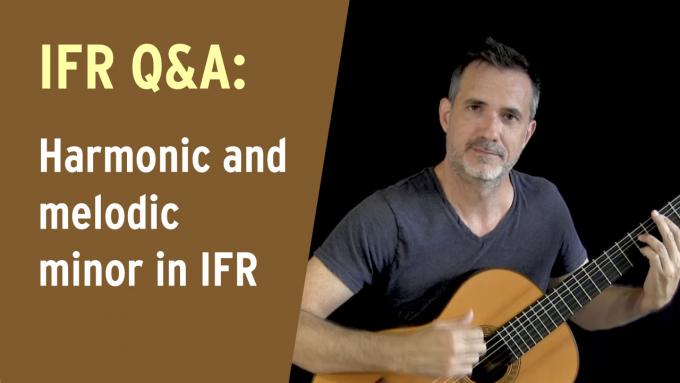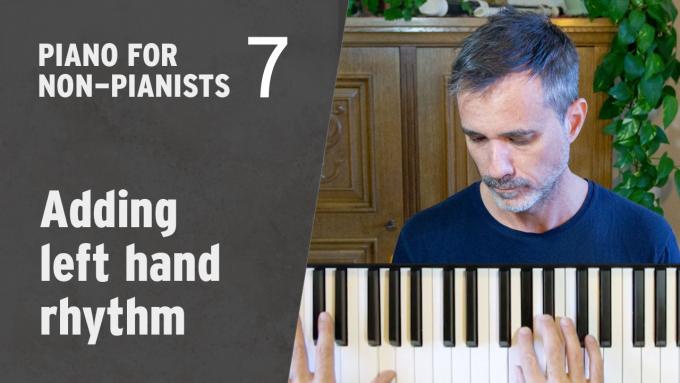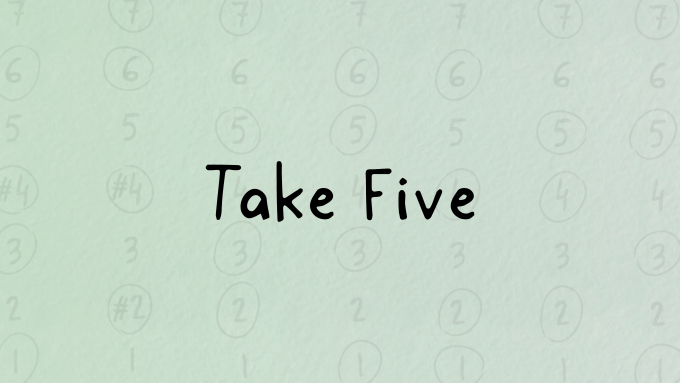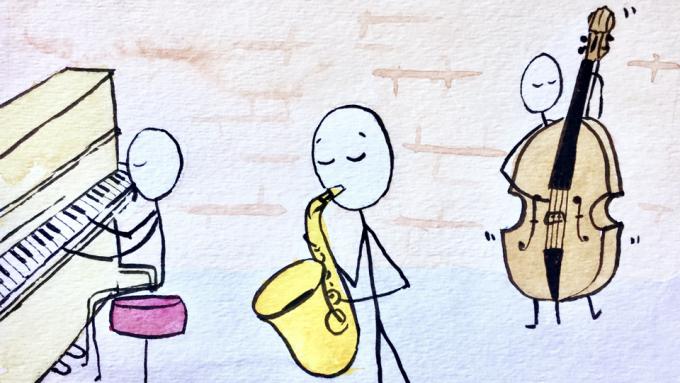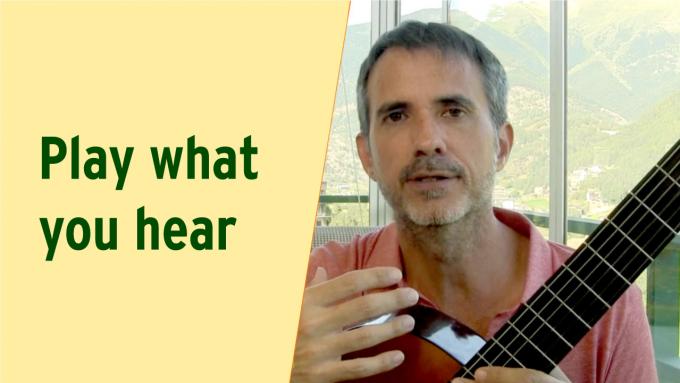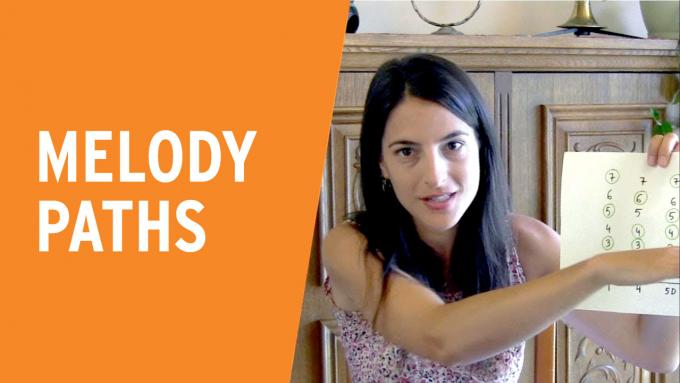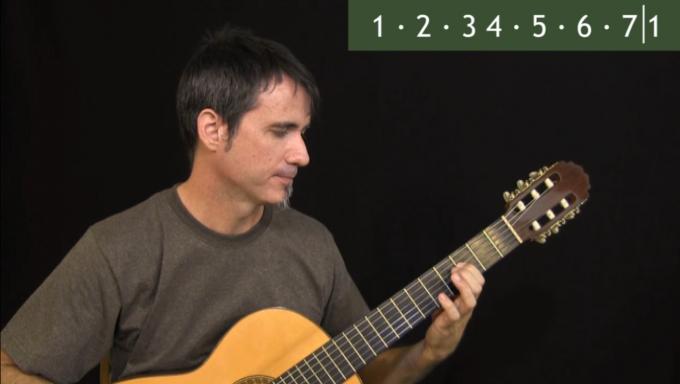In this personal video, I explain why I believe that you should pursue your OWN musical ideas and fascinations just as seriously as you study anything you learn from your music teachers.
A student asks whether harmonic minor and melodic minor scales are included in IFR. The answer is an enthusiastic YES and in this video I show you how.
In this lesson I demonstrate what chord melody technique is and how it will enrich both your soloing and your accompanying. I also teach you the first step to building a complete chord melody technique on the guitar.
In this lesson you'll take your first step to incorporating your left hand as a rhythmic self-accompaniment on the piano. You'll start with a basic pulse in the left hand and learn to express right hand phrases and melodies relative to this pulse.
To most people, Paul Desmond's classic jazz standard in 5/4 represents the height of intellectual sophistication. But aside from the turnaround that appears at the very end of the song, the entire chord progression comes directly from the major scale.
In this video I'll teach you a fantastic creative exercise for learning to see the chord notes in the music all around you. This is the ideal preparation for my chord melody video course.
I really like your approach to improvisation. I’m curious, how do more advanced jazz improvisers use the chord changes in their solos?
In this video lesson I show you five great exercises that all work together to help you learn to connect your ear with your instrument.
In this video I’ll show you how to use the IFR exercise ‘Melody Paths’ to understand the inner workings of any chord progression so that you can access all of these beautiful sounds in your improvisations.
In this free sample lesson from the IFR Video Course for Guitar, I walk you through the exercise Seven Worlds in the first harmonic environment of the major scale.

